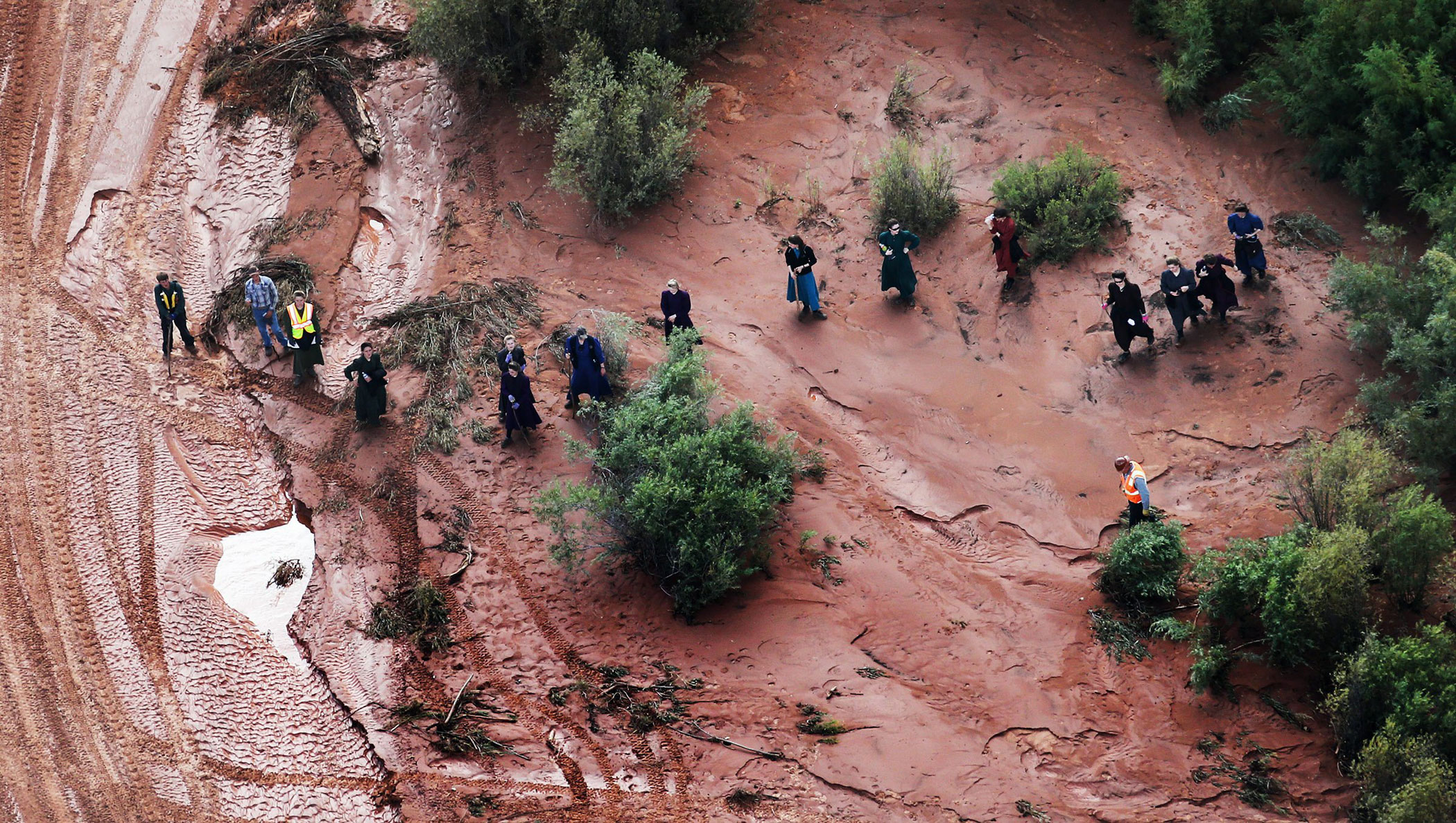
The sudden flood that swept more than a dozen people to their deaths in and around Zion National Park in Utah on Sept. 15 was one of nature’s genuinely stunning forces. The arid plains and canyons of the southwest are normally bone-dry places where hands chap and lips crack and every beast and plant is fitted by genetics to hoard each drop of moisture.
Few people understand how quickly a line of thunderclouds on the far horizon can turn from raindrops in the dust to ankle-deep gully washers, nor how violently these little streams converge into a single wall of water.
The late Edward Abbey was one who did understand. Hard-bitten bard of the American desert, Abbey rendered a memorable description in his 1968 masterpiece, Desert Solitaire: A Season in the Wilderness:
The flash flood “began as a dim toneless resonance in the distance. … Gradually the vibrations grew in volume until the canyon filled with a dull and heavy roar. But the flood did not yet appear.”
“One two three four small gray birds fluttered out of the willows beside the stream and flew in circles to a perch high on the canyon wall.
“Now.
“Around the bend up-canyon poured a red snout of liquid mud, which seemed to mumble to itself as it advanced. Sliding greasily forward the snout of mud dashed against the undercut wall on the outside of the bend, wallowed over ledges and swung back to the main channel in the center of the canyon floor. The clear perennial stream which flowed there was suddenly buried, extinguished. Swaying from side to side in the rhythm of its pendulous momentum, like a locomotive on uneven rails, the flood rumbled down upon … the dead tree and everything else in its path. Dust sailed into the air as it crashed into mudbanks; cracks rippled like lightning over the surface of the alluvium, yawning wide apart as chunks and bocks a sections of dried-out earth slid or toppled into the torrent. On the crest of the flood as it came, above the churning debris of bushes, vines, weeds and logs, floated a delicate and rosy vapor, a fine pink mist suffused with the glow of sunlight.”
More Must-Reads From TIME
- The 100 Most Influential People of 2024
- The Revolution of Yulia Navalnaya
- 6 Compliments That Land Every Time
- What's the Deal With the Bitcoin Halving?
- If You're Dating Right Now , You're Brave: Column
- The AI That Could Heal a Divided Internet
- Fallout Is a Brilliant Model for the Future of Video Game Adaptations
- Want Weekly Recs on What to Watch, Read, and More? Sign Up for Worth Your Time
Contact us at letters@time.com